
Atezolizumab (Tecentriq) approved by FDA in combination with bevacizumab (Avastin), carboplatin, and paclitaxel for the first-line treatment of metastatic nonsquamous non-small cell lung cancer.

Atezolizumab (Tecentriq) approved by FDA in combination with bevacizumab (Avastin), carboplatin, and paclitaxel for the first-line treatment of metastatic nonsquamous non-small cell lung cancer.

An analysis indicates that immune-related adverse events may be more common than initially reported in the clinical trials for these therapies.

Combination of azacitidine and nivolumab shows efficacy in patients with an average of 2 prior treatments for relapsed or refractory AML.

As biosimilar development continues to grow, pharmacists will be essential in transitioning both clinicians and patients alike in the use of these therapies.

Phase 2 data show positive results for a therapy including 2 immune checkpoint inhibitors and chemotherapy.
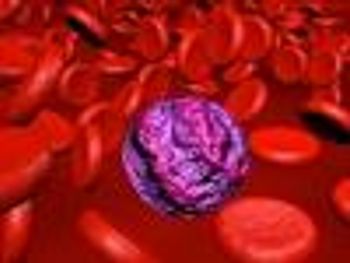
A phase 2 study demonstrated promising response rates and overall survival in patients with acute myeloid leukemia who were treated with azacitidine plus nivolumab.

Top news of the day from across the health care landscape.
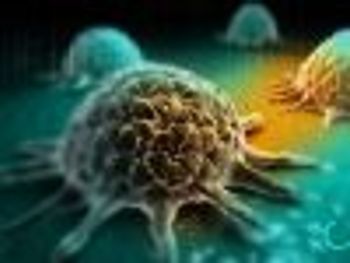
With oncology agents now flooding the specialty drug pipeline, it is important to keep up with the latest developments and look ahead at innovative therapies on the horizon.

The FDA has accepted Genentech’s supplemental Biologics License Application (sBLA) and granted Priority Review for Tecentriq® (atezolizumab) plus chemotherapy (Abraxane® [albumin-bound paclitaxel; nab-paclitaxel]) for the initial treatment of unresectable locally advanced or metastatic triple-negative breast cancer (TNBC) in people whose disease expresses the PD-L1 protein, as determined by PD-L1 biomarker testing.

Top news of the day from across the health care landscape

Former New York Giants running back Tiki Barber discusses his mother's fight against breast cancer and his advocacy for cancer awareness.

Testing DNA through plasma or urine rather than tissue offers health care providers an alternative method to evaluate potential treatment resistance.

Former New York Giants Running Back Tiki Barber this week delivered the keynote address at the 36th Annual CFS, presented by Physicans' Education Resource, and discussed his mother's breast cancer journey.
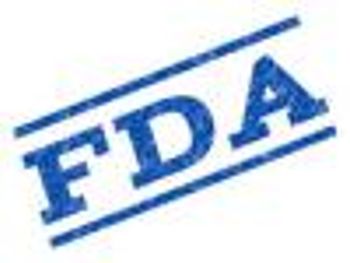
Selinexor is indicated for patients with previously treated diffuse large B-cell lymphoma who are ineligible to receive high-dose chemotherapy with stem cell rescue or CAR T-cell therapy.
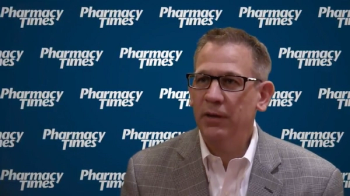
In this clip, Jeffrey Lombardo, PharmD, who is the executive patient safety officer for UB’s patient safety organization Empire State Patient Safety Assurance Network, discusses the role of RTU products in pharmacy.

Prescriptions for hormonal therapy medications increased in states that expanded Medicaid, according to a recent analysis.

Chronic liver disease and cirrhosis can contribute to the development of liver cancer, which affects approximately 33,000 individuals in the United States each year.

Study identifies potential risk factors for chemotherapy-induced febrile neutropenia in patients with cancer.

Lorlatinib approved for patients with ALK-positive metastatic NSCLC who have progressed on crizotinib (Xalkori) and at least 1 other ALK inhibitor for metastatic disease.
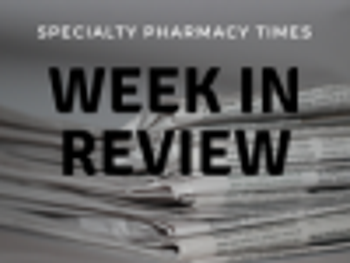
Top news of the week from Specialty Pharmacy Times.

All-oral direct-acting antivirals had a significant effect on the clinical and economic outcomes of patients with hepatitis C virus in the 4 years following the approval of these treatments.

New analysis examines the role of the HIV/AIDS epidemic in cancer survival rates among adolescents and young adults.
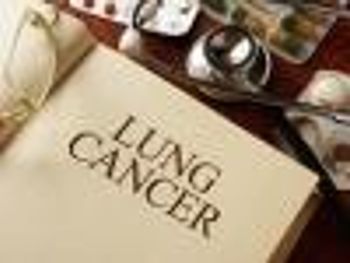
Study compares 2-year survival between patients with metastatic non-small cell lung cancer treated at academic and community centers.

The switchable CAR T system allows for complete control of the cancer-killing cells, which could improve the treatment’s safety.

Top news of the day from across the health care landscape.

California’s tobacco control programs have lowered lung cancer deaths 33% faster than the rest of the United States.

Officials with the FDA have approved talazoparib (Talzenna, Pfizer) for the treatment of HER2-negative locally advanced or metastatic breast cancer with germline BRCA (gBRCA) mutations.

Recent preclinical and population evidence shows cannabis modulates inflammatory and fibrotic processes in the liver, which is promising for treating the symptoms of hepatitis C virus.

Talazoparib, a poly ADP-ribose polymerase (PARP) inhibitor, is indicated for patients with known deleterious or suspected deleterious gBRCA-mutated breast cancer who are selected for the therapy based on an FDA-approved companion diagnostic.

Talazoparib is indicated for patients with known deleterious or suspected deleterious germline BRCA-mutated HER2-negative locally advanced or metastatic breast cancer.